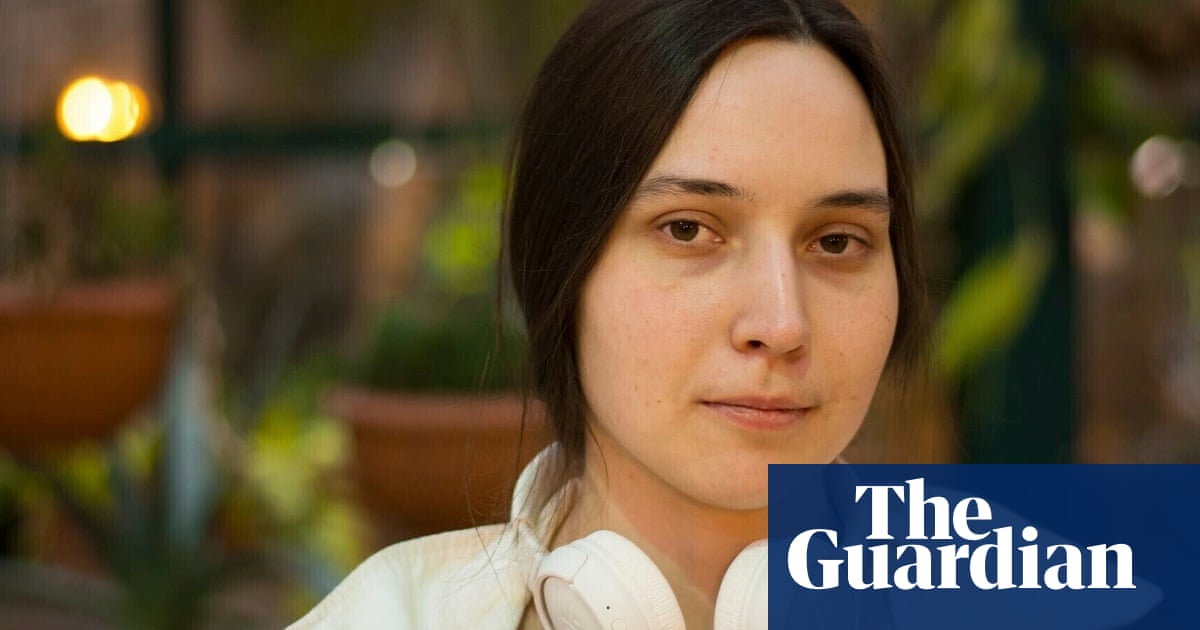A federal judge in Vermont on Wednesday released a Russian-born scientist andHarvard Universityresearcher from immigration custody as she deals with a criminal charge of smuggling frog embryos into the United States.
Colleagues and academics also testified on Kseniia Petrova’s behalf, saying she is doing valuable research to advance cures for cancer.
“It is excellent science,” Michael West, a scientist and entrepreneur in the biotech industry, testified on Petrova’s research papers. He said he does not know Petrova, but has become acquainted with her published work, citing one in which she explains that “by mapping embryonic development, novel ways of intervening in the biology of regeneration and aging.”
West said that Petrova’s medical research skills are highly sought after and that he himself would hire her “in a heartbeat”.
Petrova, 30, is currently in the custody of the US Marshals Service in Louisiana. She is expected to be brought to Massachusetts as early as Friday in preparation for a bail hearing next week on the smuggling charge, lawyers said in court.
“We are gratified that today’s hearing gave us the opportunity to present clear and convincing evidence that Kseniia Petrova was not carrying anything dangerous or unlawful, and that customs officers at Logan international airport had no legal authority to revoke her visa or detain her,” Petrova’s lawyer, Gregory Romanovsky, said in a statement. “At today’s hearing, we demonstrated that Kseniia is neither a danger to the community nor a flight risk, and does not belong in immigration detention.”
Petrova had been vacationing in France, where she stopped at a lab specializing in splicing superfine sections of frog embryos and obtained a package of samples to be used for research.
As she passed through a US Customs and Border Protection checkpoint in Boston Logan international airport in February, Petrova was questioned about the samples. She told the Associated Press in an interview last month that she did not realize the items needed to be declared and was not trying to sneak anything into the country. After an interrogation, Petrova was told her visa was being canceled.
After being detained by immigration officials, she filed a petition inVermontseeking her release. She was briefly detained in Vermont before she was brought to Louisiana.
Petrova was charged with smuggling earlier this month as US district judge Christina Reiss in Burlington set the hearing date on her petition. Reiss ruled Wednesday that the immigration officers’ actions were unlawful, that Petrova didn’t present a danger, and that the embryos were non-living, non-hazardous and “posed a threat to no one”.
Petrova’s lawyer, Gregory Romanovsky, had asked Reiss to issue an order to stop the possibility of Ice re-detaining her if she is also released from detention in Massachusetts.
Reiss said she was reluctant “to enjoin an executive agency from undertaking future actions which are uncertain” and would rely on US Department of Justice attorney Jeffrey Hartman’s comments that the government has no intention at this time to re-arrest Petrova.
Romanovsky had said Customs and Border Protection officials had no legal basis for canceling Petrova’s visa and detaining her.
The Department of Homeland Security had said in a statement on the social media platform X that Petrova was detained after “lying to federal officers about carrying substances into the country”. They allege that messages on her phone “revealed she planned to smuggle the materials through customs without declaring them”.
Harvard had said in a statement that the university “continues to monitor the situation”.
